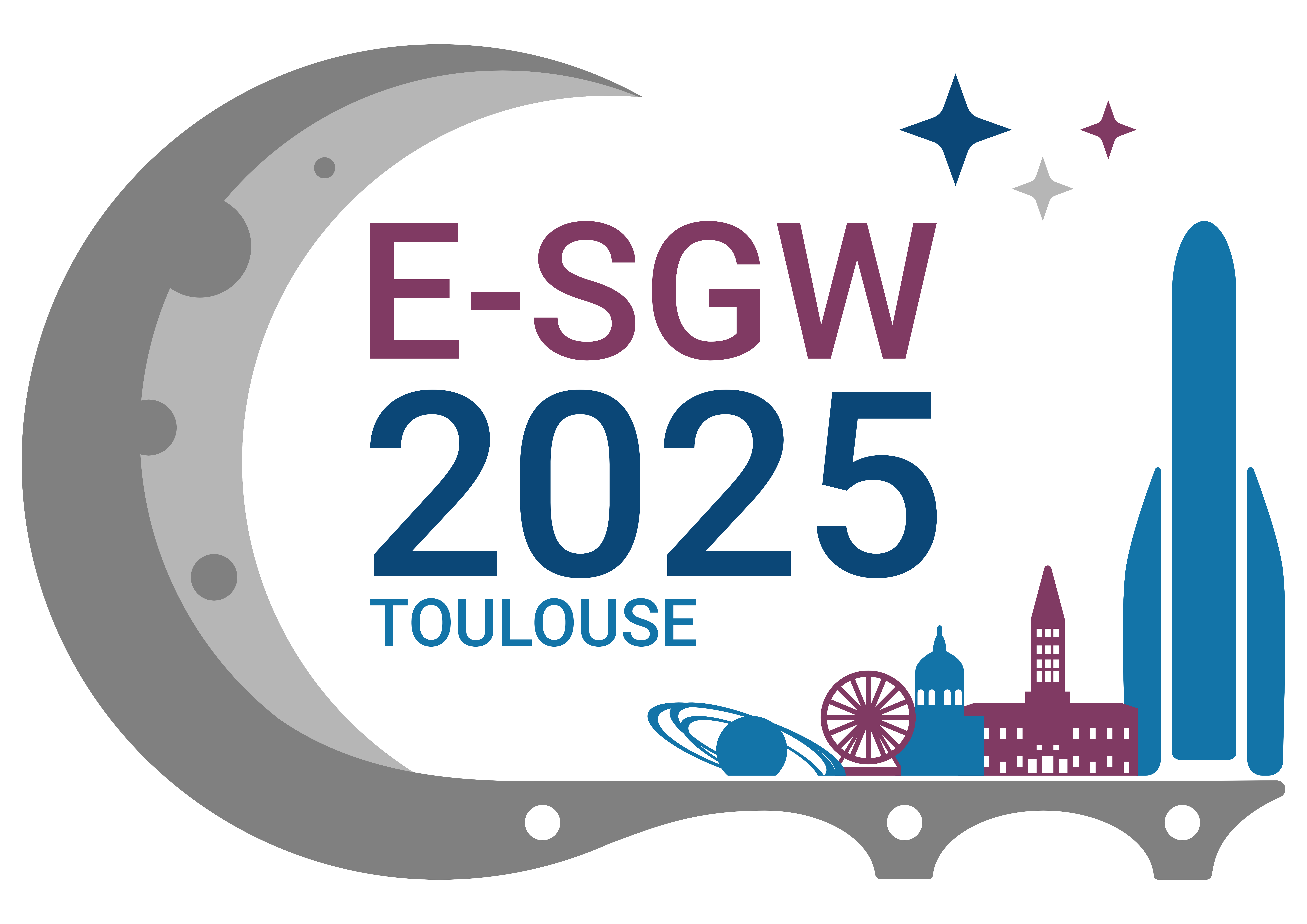Ethics & Human Rights Issues in the Space Sector
Vision
Our vision is to identify how space technology can best contribute to the realization of the United Nations objectives on Human Rights and the Sustainable Development Goals. At the same time, the project group will be a platform for empowerment and justice from the perspective of the diverse peoples who make up the modern space sector in order to help shape its development to be representative of all humanity.
Current Project Group Themes
Major Themes
- The intersection of non-Earth activities and ethics
- The intersection of Earthly activities and space technology
- Intersectional diversity and equity in the space sector
Collaborative Sub-Themes
- Fundamental Human Rights, SDGs, and Space Technology
- Planetary Exploration and Ethics
- Space Sustainability and Ethics in Orbit
Background
Outer space as a place of endeavour for human activity is growing, as are the interactions between space technology and issues of human rights and ethics.
In alignment with SGAC’s support for the UN Programme on Space Applications (UNPSA) and with recognition of the UN’s Human Rights Office of the High Commissioner (OHCHR), the Ethics and Human Rights project group works to identify, and put forth for discussion, space-related processes relevant to the UN’s broader human rights agenda, which incudes:
- “Pay equal attention to the realization of civil, cultural, economic, political, and social rights, including the right to development”
- “Measure the impact of its (space applications) work through the substantive benefit that is accrued, through it, to individuals around the world”
From a space perspective, ethics and human rights concerns also align with the objectives of the 1967 Outer Space Treaty (OST) as Article III states: “States Parties to the Treaty shall carry on activities in the exploration and use of outer space, including the Moon and other celestial bodies, in accordance with international law, including the Charter of the United Nations, in the interest of maintaining international peace and security and promoting international cooperation and understanding.”
This guiding document of the Committee on Peaceful Uses of Outer Space (COPUOS) highlights the relevance of international law and human rights for space activities, including necessary consideration of the UN Charter and relevant international law such as the UN Universal Declaration of Human Rights in all space activities.
Additionally, the United Nation’s Sustainable Development Goals (SDGs) overlap considerably with both human rights and ethics issues as well as space technology. This connection makes the SDGs, and their human rights components, a defining challenge of the emerging space generation.
Finally, the objective of the SGAC is to support the UN Programme on Space Applications (PSA) through networking and representation of young professionals in the space sector. While also immersed within the broader UN agenda discussed above, the Programme on Space Applications, PSA too, has ethics and human rights as core driving principles of its mission statement, especially related to the uptake of space technology to progress sustainable economic and social development globally.
Overall, the establishment of this PG was is in recognition of the emerging challenges and opportunities in the space sector that have direct relations to issues of ethics and human rights.
Our Founding Principles
Our project Group also aims to advance the notion of an ethical-network of actors and is therefore committed to ensuring relationships with firms or organizations held to a basic standard of ethics. As we operate as an organization, we strive to work only with other organizations who share in a peaceful, non-colonial, diverse future for space exploration. The key founding principles of this PG are:
- A commitment to the rights of all humans and respect for the moral standing of the living creatures and systems with whom we share our planet.
- A commitment to a non-exploitative relationship with the Earth, space, and any potential non-Earth life-forms for the sake of scientific and peaceful collaborative exploration.
- A commitment to non-proliferation of war or conflict on Earth or in space, and critical engagement with any potential partners whose activities expand or worsen conflict.
- A recognition of the priority of Earthly processes and conflicts as primary in our struggle for justice, including an entirely intersectional and critical approach to equity, diversity, and inclusion.
- A commitment to the recognition of space exploration as fundamentally nested within, and driven by, dominant political and socio-economic power-relations on Earth, and the need to embed efforts to advance ethical space activities with their rightful social contexts.
- A commitment to the advancement of space technology and exploration in a pluralistic notion of benefits and progress, in which comfort and well-being are not concentrated among few, but instead across all of humanity.
Our Logo

The logo was designed by Jamie Ross an artist and graphic designer out of Calgary, Alberta, Canada.




